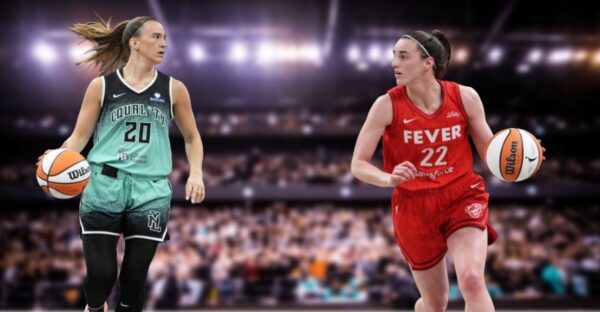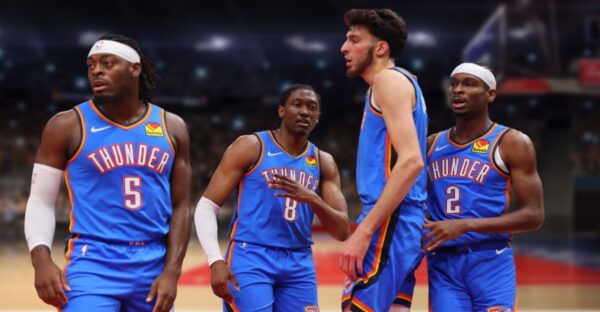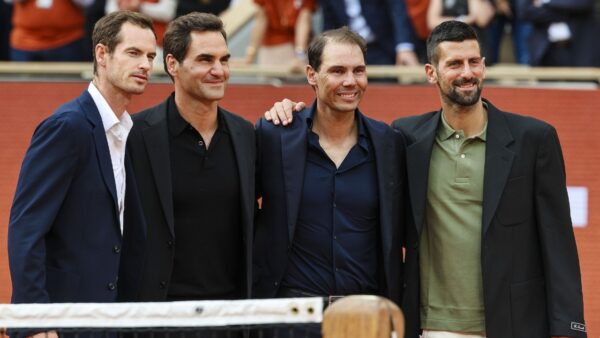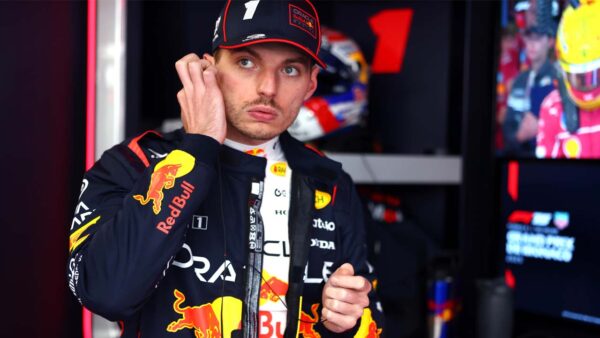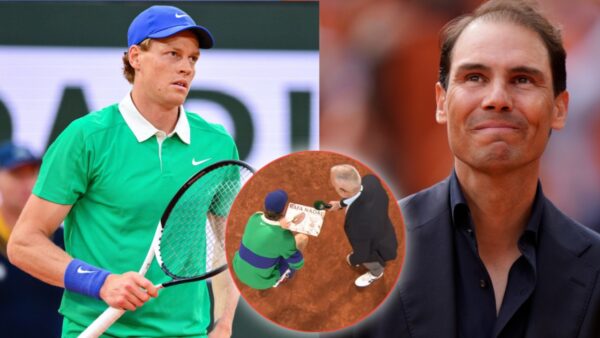The NFL’s QB market bubble, increasing contracts for floor generals risks undervaluing the contracts for other positions
Amidst inflating quarterback contracts, it is necessary to take a look at how they will impact the salaries of players in other positions.

Jordan Love, Tua Tagovailoa, and Trevor Lawrence have received massive contract extensions in the off-season (via IMAGO)
It has been a wild off-season in the NFL. Just days ahead of the commencement of the preseason, with the exception of Dak Prescott and Brock Purdy, nearly all NFL franchises have committed to a long-term contract with their quarterbacks. It is ironic to see that two players who were runners-up to win MVP last season continue to await a contract while younger QBs like Jordan Love and Tua Tagovailoa have bagged huge extensions.
The quarterback contracts have always been big. After all, it is the most important position on offense. Historically, the market has reset itself more often in comparison to other positions. Looking at the market more recently, since 2013, the market has reset itself almost every other year.
From statistics gathered by Over The Cap, Aaron Rodgers has been responsible for setting the market thrice since 2013 and post 2016, Andrew Luck further boosted the market with his $24.6 million a year deal. Since 2017, the market has reset itself every year. In June of 2017, Derek Carr signed a deal with the Raiders for $25 million a year and in a matter of 22 months, the QB market increased by $10 million.
The Patrick Mahomes deal was one that was estimated to completely transform the QB market, which it did, but not to the extent that fans had anticipated. While his 10-year deal for nearly half a billion dollars is unprecedented in the league’s history, it is a team-friendly deal in the long term.
The deals that truly broke the market were Deshaun Watson’s $230 million fully guaranteed deal and Russell Wilson’s 5-year deal for $242 million with the Broncos. Since that point, Joe Burrow, Justin Herbert, Jalen Hurts, Daniel Jones, and Jared Goff have gone on to increase the ceiling on QB contracts.
The average annual salary for starting quarterbacks is now a mind-boggling $40 million
In 2017, the highest-paid QB made $25 million, just seven years later, nearly 19 starting quarterbacks in the NFL earn significantly more than that amount. This off-season, the contracts of Jordan Love, Tua Tagovailoa, and Trevor Lawrence have changed the trajectory of the market. While this is great news for QBs such as Brock Purdy and Dak Prescott, who are hopeful of riding this wave, it is worrisome for players in other positions.

While QBs enjoy the monopoly of being compensated extremely well, the next best-paid player in the NFL would be Justin Jefferson, the most elite wideout in the NFL who signed a $140 million contract with the Vikings with an estimated $35 million per year. To put this into perspective, Daniel Jones makes $40 million a year, and he does not fall within the top 15 quarterbacks in the NFL.
An argument can be made that comparing QB salaries with those of other positions would be the equivalent of comparing apples and oranges, but the role of defensive players, linemen, and tight ends cannot be overlooked. The fact that teams are willing to pay excessively for quarterbacks at a time when running backs and tight ends continue to be underpaid while contributing more is ridiculous.
On the defensive side of the ball, things continue to get worse. DTs and defensive linemen continue to average $12-$15 million a year. The highest-paid DT is Chris Jones of the Chiefs who makes $31 million a year.
The increasing discrepancy between the quarterback contracts and that of the other positions will hurt the latter. The current system undermines the value and talent of positions apart from the quarterback. With the market steadily resetting itself, the NFL and team owners are likely to consider imposing a ceiling on QB salaries.
The next CBA is not until 2030, but given the trajectory in which the market is headed in, it is a strong possibility that a cap will be put in place. The cap could be in the form of restricting teams to offer QBs contracts to a certain portion of the team’s salary cap. But a move such as this would be easier said than done. It is not clear how the NFLPA would process such an idea. On one hand, this move would negatively impact QBs, but it enables teams to compensate other positions well.
In case you missed:
- Caleb Williams explains his motive behind following Tom Brady’s iconic TB12 diet
- Jason, Travis Kelce reportedly want a massive $100 million deal for New Heights podcast amid growing popularity

